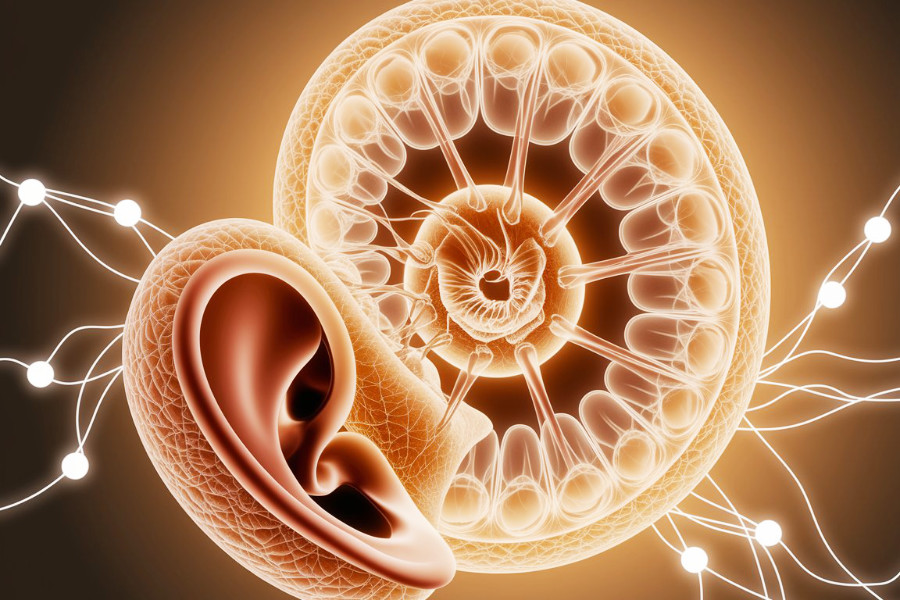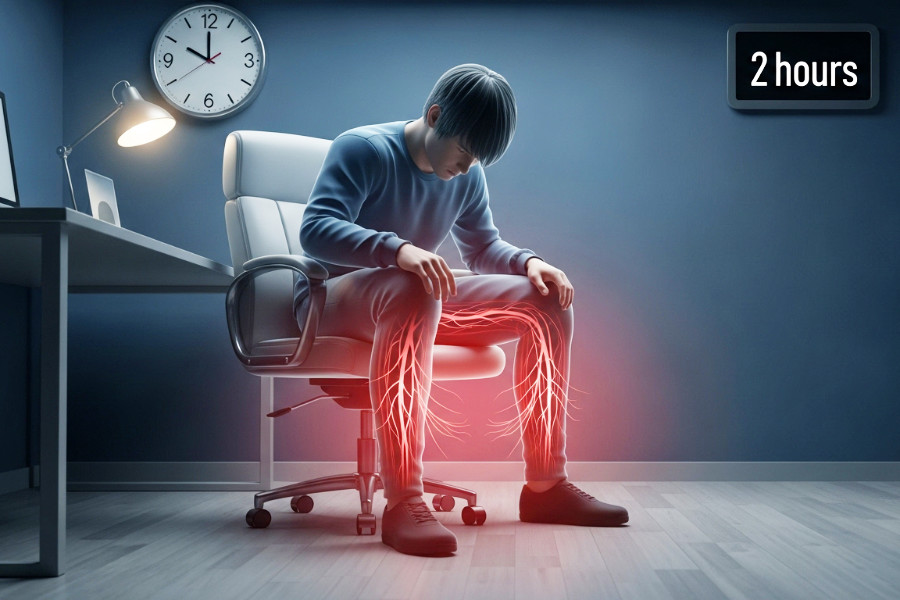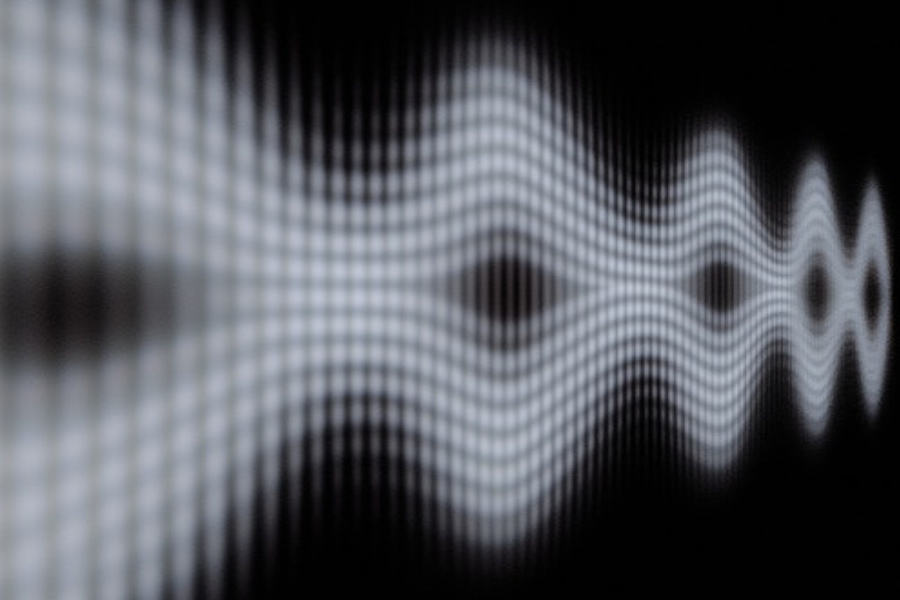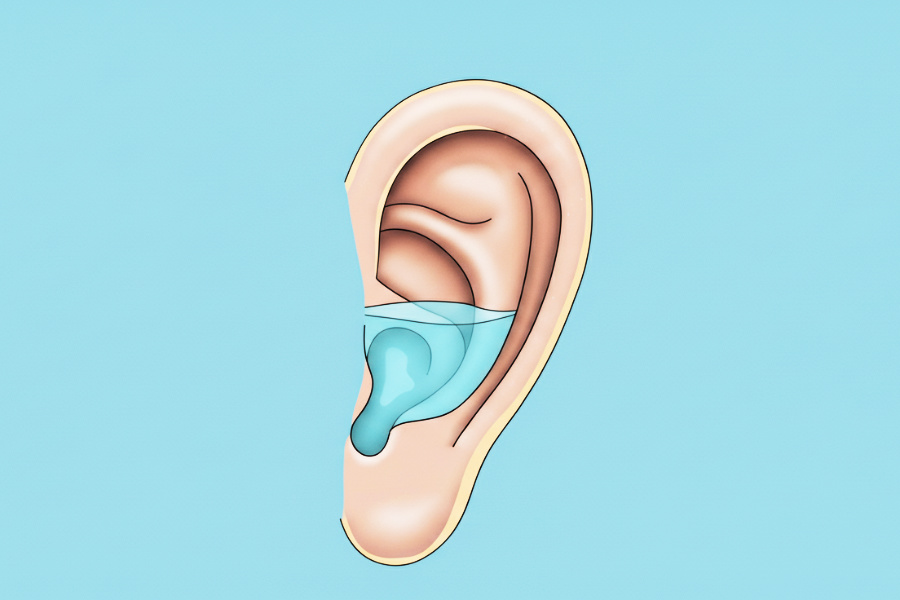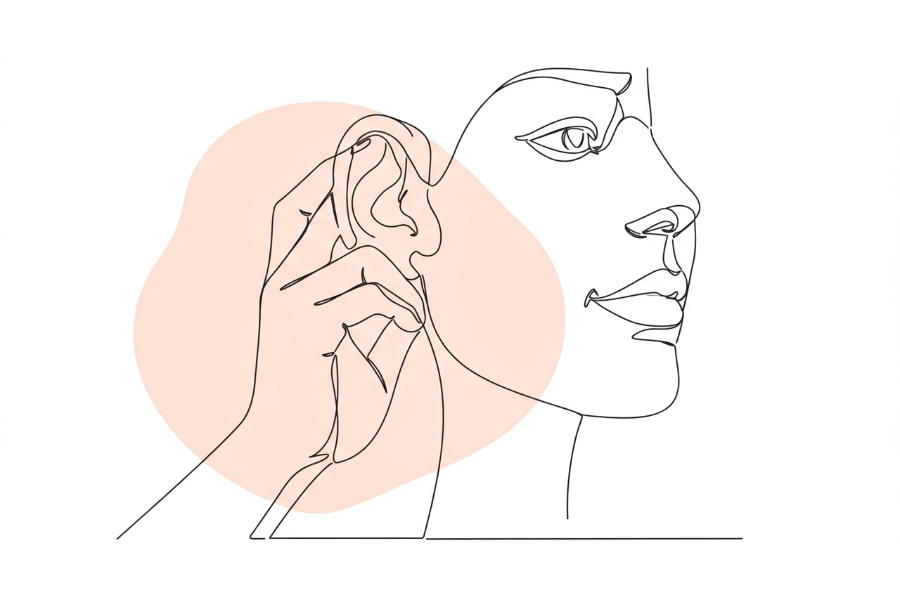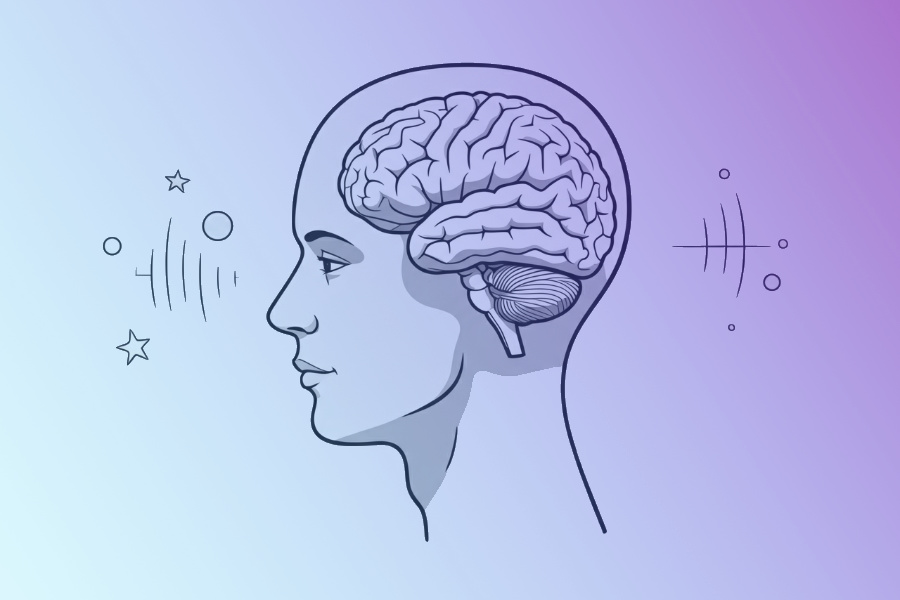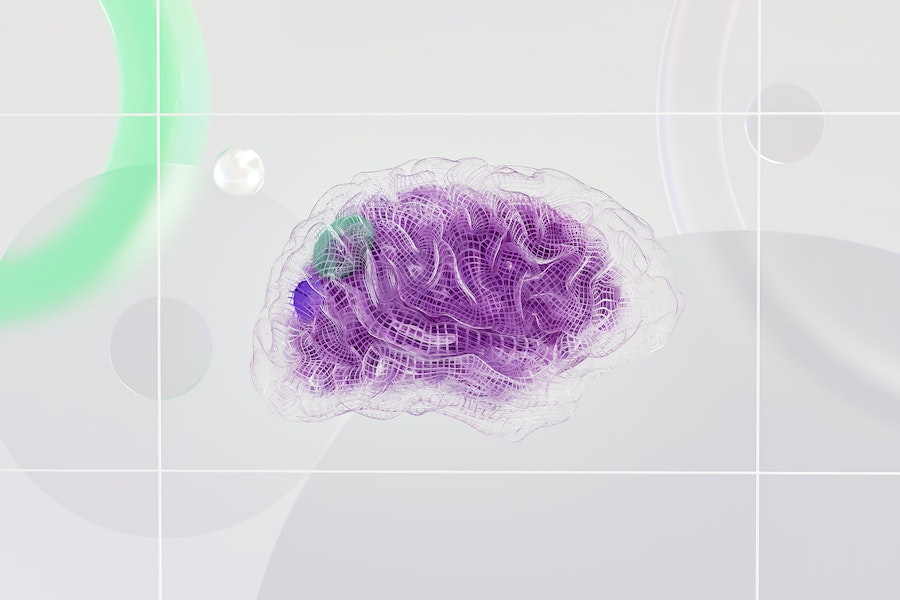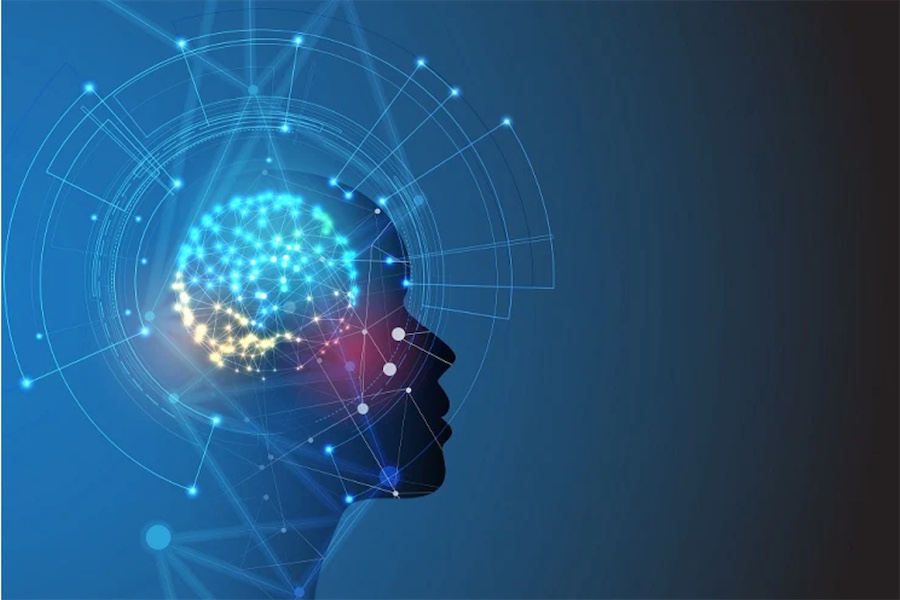Bats and moths have been locked in an arms race for 60 million years. Now, scientists have discovered how moths survive these high-stakes aerial battles. Moth's remarkable survival strategy hinges on interpreting the signals bats use when hunting.
Category: Research update
Yale physicists uncovered a new set of low-frequency mechanical “modes” in the human cochlea—the spiral-shaped organ critical for hearing. These modes reveal how the ear masterfully balances amplifying whispers and tolerating loud noises while maintaining ...
University of Birmingham researchers found a simple dietary move that could protect your heart—even when you’re stuck sitting all day. The secret? Flavanols, natural compounds found in cocoa, berries, apples, tea, and nuts.
Why it matters
Just ...
For some people with severe hearing loss, traditional cochlear implants don't work. Researchers in Switzerland have now developed a flexible brainstem implant that promises clearer sound with fewer side effects.
Why it matters
Superior ...
Researchers at the University of Texas at El Paso and Harvard tested a device that sends pulses to nerves in your ear to reduce knee pain. The treatment helped 11 out of 30 people with arthritis feel better after just one hour.
Why it matters
This ...
Imagine a hidden problem quietly developing in your child's ear—fluid building up without you knowing. When that fluid hits the halfway mark in the middle ear, hearing can take a nosedive. Good news: Researchers have discovered a clear warning point ...
Scientists at USC have made a groundbreaking discovery about the origins of the mammalian outer ear, that distinctive spiral of cartilage on the sides of our heads. Their findings, published in Nature, reveal that our ears have an unexpected connection ...
Scientists have identified nerve fibers in the inner ear that function as a natural volume regulator, enabling mice to adapt to hearing impairment. This finding, from researchers at USC's Keck School of Medicine and the Baylor College of Medicine, ...
UC Berkeley engineers have developed smart earbuds that detect drowsiness, potentially preventing dangerous situations like falling asleep while driving. The device monitors signs of fatigue before you doze off, providing an early warning system to ...
You might think the tiny muscles around your ears are just for wiggling—a quirky party trick inherited from ancient ancestors. But new research found these muscles spring to life when you’re trying to listen, like untangling a conversation in a noisy ...
Most of us instinctively watch speakers' lips and gestures in crowded restaurants or busy streets to better understand what they're saying. Now, groundbreaking research at the University of Rochester aims to unravel how our brains merge these visual ...
Your ears are even more impressive than you thought. Researchers at Yale uncovered hidden mechanics in the inner ear that explain how we hear whispers, endure loud noises, and detect a dizzying range of sounds—all without our brains getting overwhelmed. ...
The hunt for smart ways to power personal devices is nonstop. In Los Angeles, scientists have big plans for a novel source of energy: ambient noise. Imagine your clothes generating electricity from the noise around you to power your hearing aids.
Why ...
Researchers have developed an exciting new AI tool to analyze retinal scans and detect various diseases, from eye conditions to Parkinson’s. The new model, RETFound, was created using a training method that removes time-consuming and expensive manual ...
Early research suggests inhaling a pleasant aroma during sleep can significantly improve memory. In a small randomized control trial, participants exposed to the scent of essential oils for 2 hours every night over six months experienced a 226% improvement ...
New research indicates that slow, controlled breathing exercises may help protect against Alzheimer's disease. Researchers measured biomarkers in blood plasma associated with a higher risk of developing Alzheimer's, particularly amyloid beta 40 and ...
According to researchers at the University of Victoria in British Columbia, plants don’t just clean air; they may protect us from colds, COVID, and other viral and bacterial diseases.
How it works
- Plants produce hydrogen ...
A new study published in JAMA Open Network reveals that most drugs advertised on TV don't work better than existing alternatives.
More than 70% of the advertised drugs studied had a low benefit compared to alternatives. Twenty-nine ...
Published in PLoS ONE, initial findings of Phase 1 and 2 human trials indicated statistically significant neurological and cognitive improvements in patients with early-stage Alzheimer's disease (AD). The therapy has also proven to be safe.
- The ...
Imagine the many ways we use sound to enhance our lives — relaxation, learning, meditation, and motivation. According to Swiss research, we can add another, relief from nightmares.
People with "nightmare disorder" experience disturbing ...


